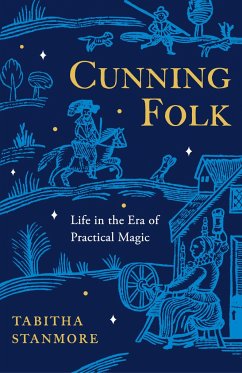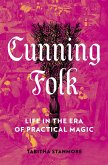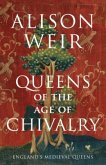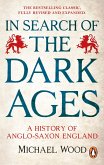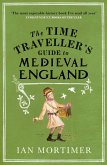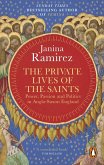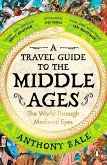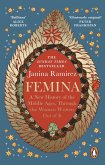Cunning Folk transports us to a time when magic was used to solve life's day-to-day problems - as well as some of deadly importance.
'A brilliant book, written with wit and vigour' MALCOLM GASKILL, author of The Ruin of All Witches
'Absolutely fascinating' IAN MORTIMER, author of The Time-Traveller's Guide to Medieval England
It's 1600 and you've lost your precious silver spoons, or maybe they've been stolen. Perhaps your child has a fever. Or you're facing trial. Maybe you're looking for love or escaping a husband. What do you do? In medieval and early modern Europe, your first port of call might well have been cunning folk: practitioners of magic who were a common, even essential part of daily life, at a time when the supernatural was surprisingly mundane.
Charming, thought-provoking and based on original research, Cunning Folk is an immersive reconstruction of a bygone world by an expert historian, as well as a commentary on the beauty and bafflement of being human.
'I adore Cunning Folk. A truly fascinating and human book' Ruth Goodman, author of How To Be a Tudor
'Packed with vivid historical anecdotes, this is an intriguing insight into the magical lives of past people and the history of our own superstitions today' Marion Gibson, author of Witchcraft
'Fascinating . . . opens a window into another world' Tracy Borman, author of Anne Boleyn & Elizabeth I
'Full of such magical tips and colourful vignettes . . . crackles with incident' Kate Maltby, Financial Times
'Spirited and richly detailed' New York Times
__WINNER OF THE KATHARINE BRIGGS AWARD 2024__
'A brilliant book, written with wit and vigour' MALCOLM GASKILL, author of The Ruin of All Witches
'Absolutely fascinating' IAN MORTIMER, author of The Time-Traveller's Guide to Medieval England
It's 1600 and you've lost your precious silver spoons, or maybe they've been stolen. Perhaps your child has a fever. Or you're facing trial. Maybe you're looking for love or escaping a husband. What do you do? In medieval and early modern Europe, your first port of call might well have been cunning folk: practitioners of magic who were a common, even essential part of daily life, at a time when the supernatural was surprisingly mundane.
Charming, thought-provoking and based on original research, Cunning Folk is an immersive reconstruction of a bygone world by an expert historian, as well as a commentary on the beauty and bafflement of being human.
'I adore Cunning Folk. A truly fascinating and human book' Ruth Goodman, author of How To Be a Tudor
'Packed with vivid historical anecdotes, this is an intriguing insight into the magical lives of past people and the history of our own superstitions today' Marion Gibson, author of Witchcraft
'Fascinating . . . opens a window into another world' Tracy Borman, author of Anne Boleyn & Elizabeth I
'Full of such magical tips and colourful vignettes . . . crackles with incident' Kate Maltby, Financial Times
'Spirited and richly detailed' New York Times
__WINNER OF THE KATHARINE BRIGGS AWARD 2024__
This is a brilliant book, written with wit and vigour, in which Tabitha Stanmore explores the pre-modern places where magic was real, offering not only practical solutions for ordinary problems but a way of feeling about the world, an emotional relationship between anxious humans, cosmic forces, and the mundane mysteries of their lives Malcolm Gaskill, author of The Ruin of All Witches
With hundreds of colorful incidents drawn from legal records, court chronicles and contemporary accounts, Stanmore hopscotches through history, exploring the uses to which cunning folk were put.

